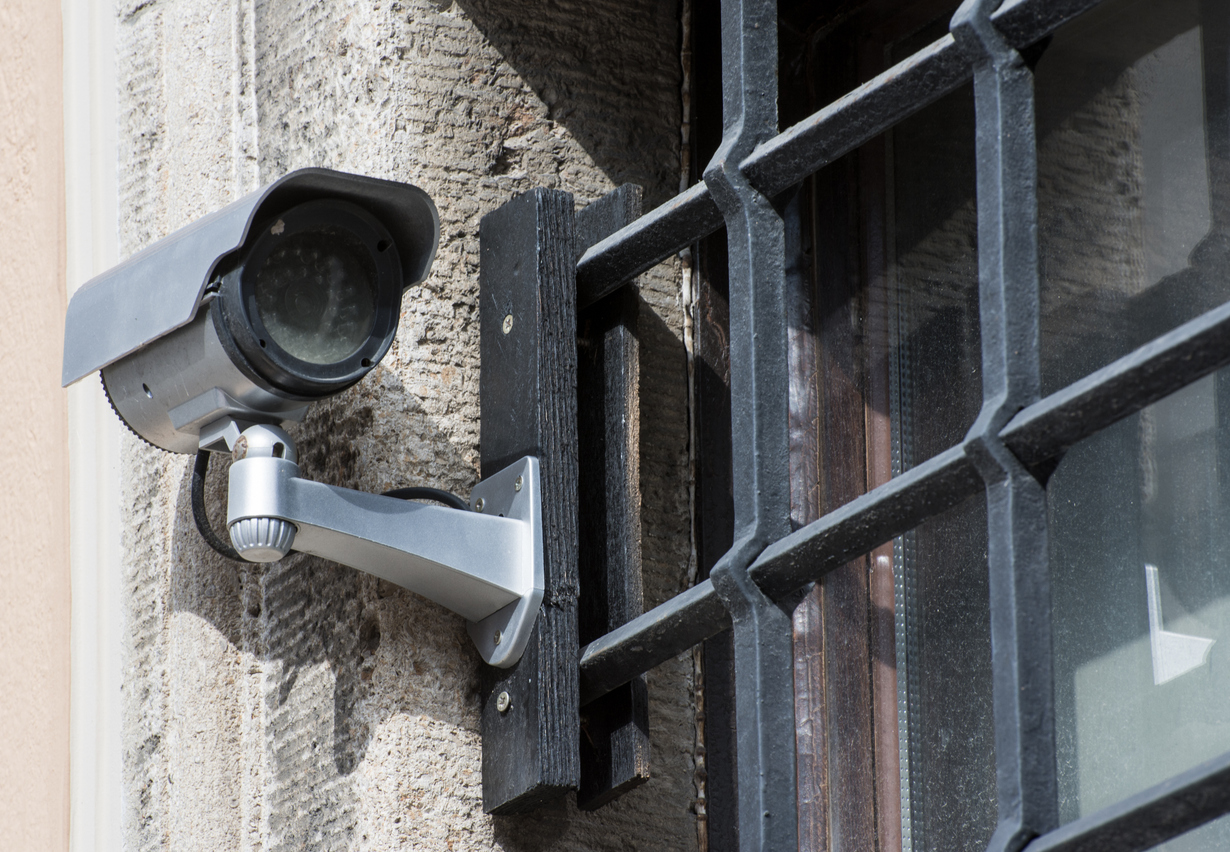For far too long, the administrations/staff of the 122 fiefdoms that make up the federal Bureau of Prisons have been given what seems to be free rein to physically, mentally and emotionally abuse the people held captive in their “care.” We are beaten, verbally demeaned and/or ignored when we try to file reports of wrongdoing, using the BOP’s own process. Staff deny us adequate medical or mental health care and use perpetual lockdowns as a response to what seems like everything (from a fight between a couple of “adults in custody” to the desire to watch a football game) – thus denying us the opportunity to better ourselves through educational programming. It all amounts to a lack of common decency that all human beings deserve.
What’s ironic is that if you dig into the BOP’s own official policies, much of this behavior is prohibited. But those policies can be and are violated routinely without consequences, due to a lack of adequate oversight by an independent entity with real enforcement powers.
David Fathi, director of the American Civil Liberties Union’s National Prison Project, was quoted recently as saying, “Oversight is essential. Prisons are closed institutions, and they house people who are unpopular and politically powerless. Without some kind of oversight, it’s a recipe for neglect, mistreatment and abuse.” That recipe has produced the desired results. And it’s only getting worse, at our expense.
Consider life at Coleman prison
Here at Coleman I (Florida), and I hear this is going on all over the BOP, staff shortages and a corrosive culture have combined to make any type of normalcy impossible. We are unable to schedule visits with our loved ones, since we never know when they will be canceled (and it’s definitely when, not if). We’re kept in our cells like zoo animals for most of the day, without knowing if or when we’ll be able to come out to email or call our loved ones, shower, or just get some fresh air. We’re unable to attend programs as well, and it’s resulting in a mental health crisis. (Watch our related podcast to hear us tell our stories.)
And WE HAVE NO RECOURSE. We file grievances, but we must submit them to the very people who are the engineers of our distress. We try to get word out about our plight, but we must use lines of communication (email, phone, mail) that are heavily monitored by our captors. So, what are we to do?
DC prisoners who were incarcerated when they were young (like me; I went in when I was barely 16) have two opportunities to petition for release: the federal parole board (since DC allowed the feds to take that over during a budget crisis in 1993) and the Superior Court, via a law specifically for those who were under 25 when they committed their crimes and spent at least 15 years behind bars. Both the parole board and the court base their decisions in part on participation in programming, but that’s nearly impossible with all the lockdowns. And that is particularly true for the BOP’s flagship “rehabilitation” program, called Challenge. What is supposed to be a nine-month program now takes three to five years to complete.
Exacerbating that is the discrimination against DC people, who go into the BOP since the District doesn’t have its own prison. For example, one of my friends was thriving in the Challenge program and all of his progress reports attested to that. That is, until a treatment specialist, who has a known bias against DC inmates, lied in one of the reports and said he had sold drugs while in the program. Now, he can’t rectify this defamation of character and get back in the program without completing the broken grievance system and then seeking relief in the courts. And then, even if he is successful, he is fearful that if he goes back into the program, he’ll encounter the same treatment. When he goes into court, however, and his programming record is examined, who do you think the judge will believe?
A hope for reform
This is why I am heartened that the House has passed the Federal Prison Oversight Act, which seeks to bring greater accountability and transparency to BOP facilities by creating more of an “inspection regime” and establishing an ombudsman’s office to field concerns from family members and attorneys. The key is that the investigators would be granted access to all bureau facilities at any time, without prior notice, and be allowed to talk unimpeded to any incarcerated person. According to the legislation, inspections may focus on incarceration conditions, staff adequacy and working conditions, availability of recidivism-reducing programs, solitary and restrictive confinement practices, prison medical and health services, and allegations of sexual abuse and excessive force.
What I am most excited about is that we “adults in custody” would be given a private, online channel of communication to report our grievances directly to the ombudsman in the Department of Justice (rather than the BOP). No longer could paper forms be withheld or “lost” by staff who want to cover tracks or who have axes to grind. And no longer could those complaints be sat on until we are “time-barred” from pursuing them further. I also like that family members and advocates could submit complaints on our behalf. But…the devil is truly in the details. Last year, the U.S. attorney in the Northern District of West Virginia set up such a complaint center specifically for the Hazelton prison complex – an action advocated for by More Than Our Crimes for more than a year. And we actively encouraged family members and the AICs inside to take advantage of it. But guess what? Hazelton blocked prisoners from using it, and despite the fact that we reported that blatant act of sabotage to the U.S. attorney’s office, it was never corrected. And none of the family members who submitted to it ever heard anything in return. What will make the DOJ ombudsman different?
Don’t get me wrong. This bill isn’t perfect and there are a lot of unanswered questions. Our partner, the Prison Education and Reform Alliance (PERA), warns that the DOJ (largely staffed by prosecutors) is still part of the same culture in which the BOP operates. When the ombudsman’s office asks BOP staff about a complaint that’s been filed, will they accept the first “pat” answer it gets, or dig as deeply as needed?
Likewise, the DOJ Office of Inspector General already conducts periodic investigations and issues reports with recommended improvements. And so many of those are not made. If this bill is passed, who will be the enforcer? And will those positions be given the teeth and resources they need? I think an official from the ombudsman’s office as well as the investigative body should be embedded in each prison. I hope this would prevent a lot of the abuses from happening in the first place, as well as provide these critical staff members with firsthand knowledge of the environment. That is, as long as they aren’t co-opted by the unions and other entrenched interests. (The warden at FCI Hazelton started off as a reformist, but quickly backed off after her house and car were vandalized.)
Nevertheless, the Federal Prison Oversight Act is a great step in the right direction. And both More Than Our Crimes and PERA are committed to serving as “watchdogs” if it becomes law. Please encourage your senators to vote it out of the Senate and send it to President Biden for signature!




